
Helpful Parenting Books
Helpful Parenting Books
If parenting books make you feel overwhelmed or guilty, you’re not the only one. The truth is, most parenting books are filled with good intentions. They’re meant to inspire and support you, not make you feel like you need to change who you are.
It’s okay (and often helpful) to stop viewing parenting books as strict how-to guides. If a book isn’t serving you, it’s perfectly fine to put it down. 📚
With that in mind, here are a few guilt-free parenting books that offer insight, encouragement, and practical ideas.

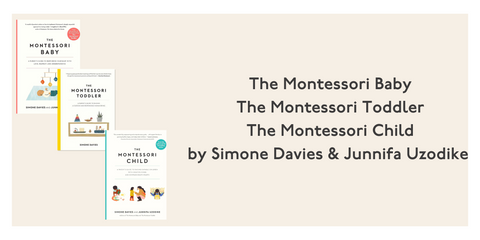
Why we love this series:
It provides pedagogically-based activities and ideas if you want a more Montessori-inspired home.
"Help me to do it alone."
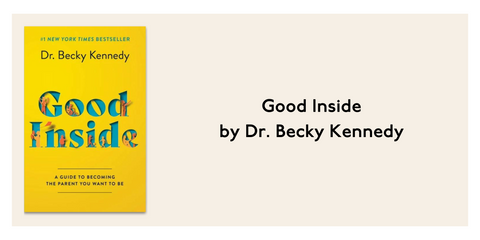
Why we love Good Inside:
It provides actionable tips from a child and family clinical psychologist.
"..Many parents see behavior as the measure of who our kids are, rather than using behavior as a clue to what our kids might need.”

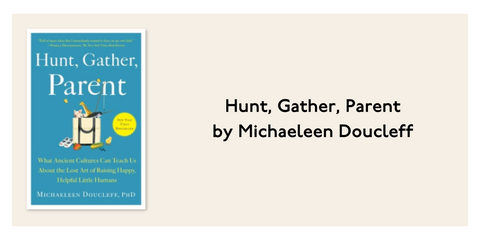
Why we love Hunt, Gather, Parent:
It highlights parenting techniques from indigenous cultures from around the world.
“We need to model calmness. We have to be regulating our own internal states first before we expect our children to learn to regulate theirs.”
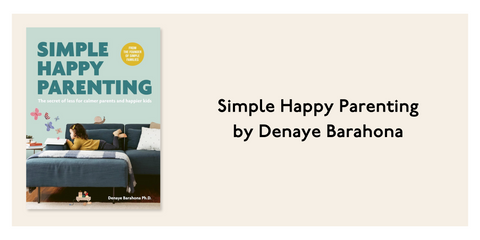
Why we love Simple Happy Parenting:
It provides actionable strategies for simplifying parenting, reducing stress, and building connections.
“Watching children experience hurt and failure is excruciating for parents. We will go to great lengths to protect ourselves from that pain. Therefore we carry bags of snacks to prevent hunger. We equip our furniture with padding to prevent bumps and bruises. We sign our kids up for extra soccer camps to “get a leg up.” We buy them favored toys and gadgets to see more smiles and prevent envy. We do, do, do. More, more, more.”
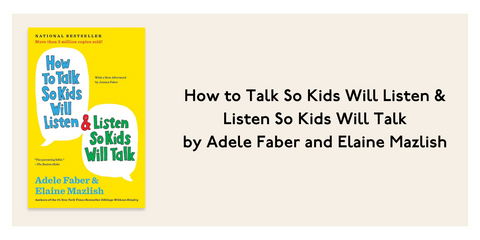
Why we love How To Talk so Kids Will Listen & Listen So Kids Will Talk:
It provides simple ideas of things you can do and say during challenging moments.
“When we give children advice or instant solutions, we deprive them of the experience that comes from wrestling with their own problems.”
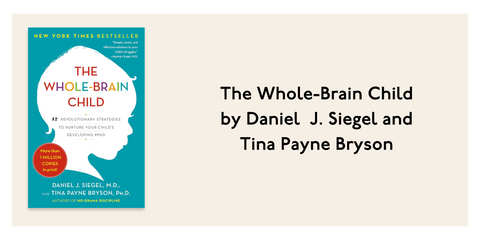
Why we love The Whole-Brain Child:
It provides practical strategies to help children navigate their feelings as their brains develop.
“Too often we forget that discipline really means to teach, not to punish. A disciple is a student, not a recipient of behavioural consequences.”
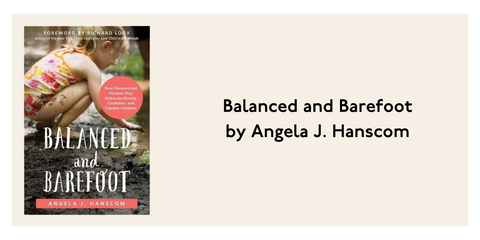
Why we love Balanced and Barefoot:
It shares statistics and insight about the impact of nature and outdoor play on a developing child.
“Due to less time spent developing strength, coordination, and balance, children are becoming more and more unsafe and accident-prone. In order for children to develop any skills of the mind or body, they must practice them daily, ideally through meaningful play experiences.”
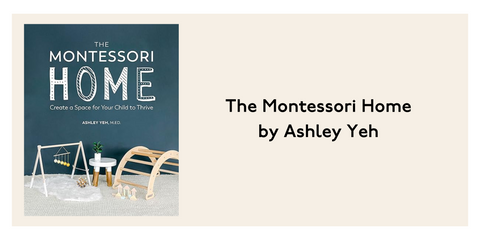
Why we love The Montessori Home:
It’s a visual guide with ideas for creating a Montessori home environment.
"You have the extraordinary privilege of being your child's first teacher in life. Every experience, every interaction, every aspect of your home environment... all are learning opportunities. You are your child's primary guide as they navigate what it means to be human."
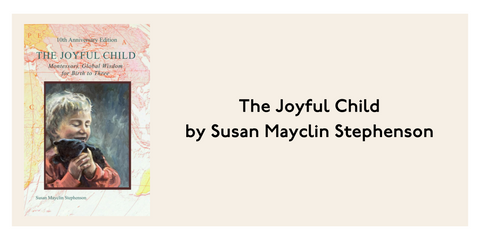
Why we love The Joyful Child:
It offers practical activities to support different milestones in a child’s life.
“At this age children love to carry heavy things. That is physics. And setting the
table with a chair, plate, fork, for each person? That is math.”
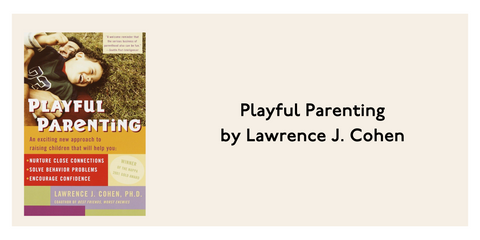
Why we love Playful Parenting:
It offers insight and playful activities that encourage a child to feel safe and understand new things.
“Children don't say, “I had a hard day at school today; can I talk to you about it?” They say, “Will you play with me?”
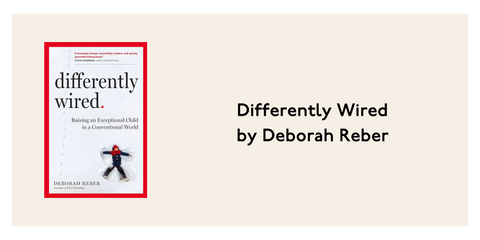
Why we love Differently Wired:
It encourages deeper thinking and reframing for parenting children with neurodifferences with practical advice.
“Not only are these differences not going away, but we as a society need the millions of neurodiverse children in the world today, with their powerful gifts, talents, and abilities, to flourish."
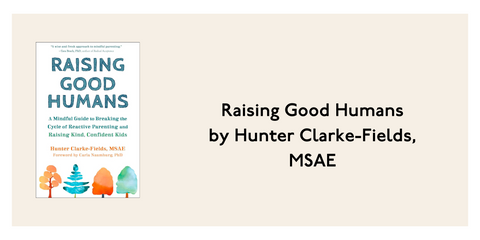
Why we love Raising Good Humans:
While this book is titled 'Raising Good Humans', it focuses a lot on exercises to better yourself first before bettering your children
“Children tend to be terrible at doing what we say but great at doing what we do.”

Kids learn by watching the world around them, and when they see you picking up a book and enjoying reading, it sends a clear message: reading is both important and fun. A book shelf with covers facing outwards can help encourage their interest!
Do you enjoy any of these? Help us learn and share some of your favorites below, too ⬇️

I love the way that Sprout is engaged in helping parents navigate the different phases of childhood, physically thru the furniture and now emotionally and sensically with books like this. Thank you!
ND on
Thank you for this comprehensive list of parenting books! Each recommendation seems well-suited to help navigate the complex journey of parenthood, providing both strategies and comfort. The variety ensures that there’s something valuable for every stage and challenge. Great resource for parents looking to enhance their skills and understanding!
Hingi.eu on